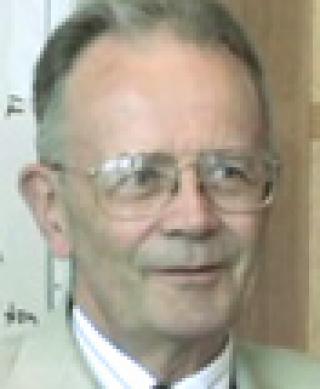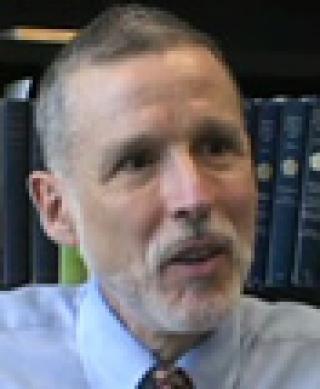
The Distinguished University Professor title is awarded permanently to no more than three exceptional faculty per year.

Albert de la Chapelle
Department of Molecular Virology, Immunology, and Medical Genetics
Albert de la Chapelle was recruited to The Ohio State University in 1997 to launch and lead the Division of Human Cancer Genetics. The program now includes more than 200 faculty, scientists, staff, post-doctoral fellows and graduate students.
His “groundbreaking discoveries established a relationship between genetic mutations and diseases, and he has located the regions of chromosomes responsible for more than 20 human diseases...His landmark research work has been reported in more than 450 peer-reviewed papers and 131 reviews and book chapters in the world’s leading biomedical journals,” wrote his nominator.
He is a member of the National Academy of Sciences; a fellow of the American Association for the Advancement of Sciences; one of 12 fellows of the Academy of Finland; and a member of the Royal Swedish Academy of Sciences, the European Molecular Biology Organization and the European Society for Clinical Investigation. He holds M.D. and Ph.D. degrees from the University of Helsinki in Finland.

John N. King
Department of English
John King joined the Ohio State faculty in 1989 after 18 years on the English faculty at Bates College in Lewiston, Maine. Internationally regarded as an innovative scholar, King is a specialist in Renaissance and Reformation English literature.
He is the author or editor of nine landmark books, with two more in progress, and more than 100 articles and reviews.
He is the recipient of a number of prestigious research awards for humanities scholars, including fellowships from the American Council of Learned Societies, the National Endowment for the Humanities, the National Humanities Center, the Lilly Endowment and a visiting lectureship at Oxford University. He earned his doctorate at the University of Chicago.
According to one nominator, King’s scholarship “has shaped developments of intellectual across religious and political history, art history, women’s studies, printing history, librarianship, manuscript studies and the Renaissance Bible.”


